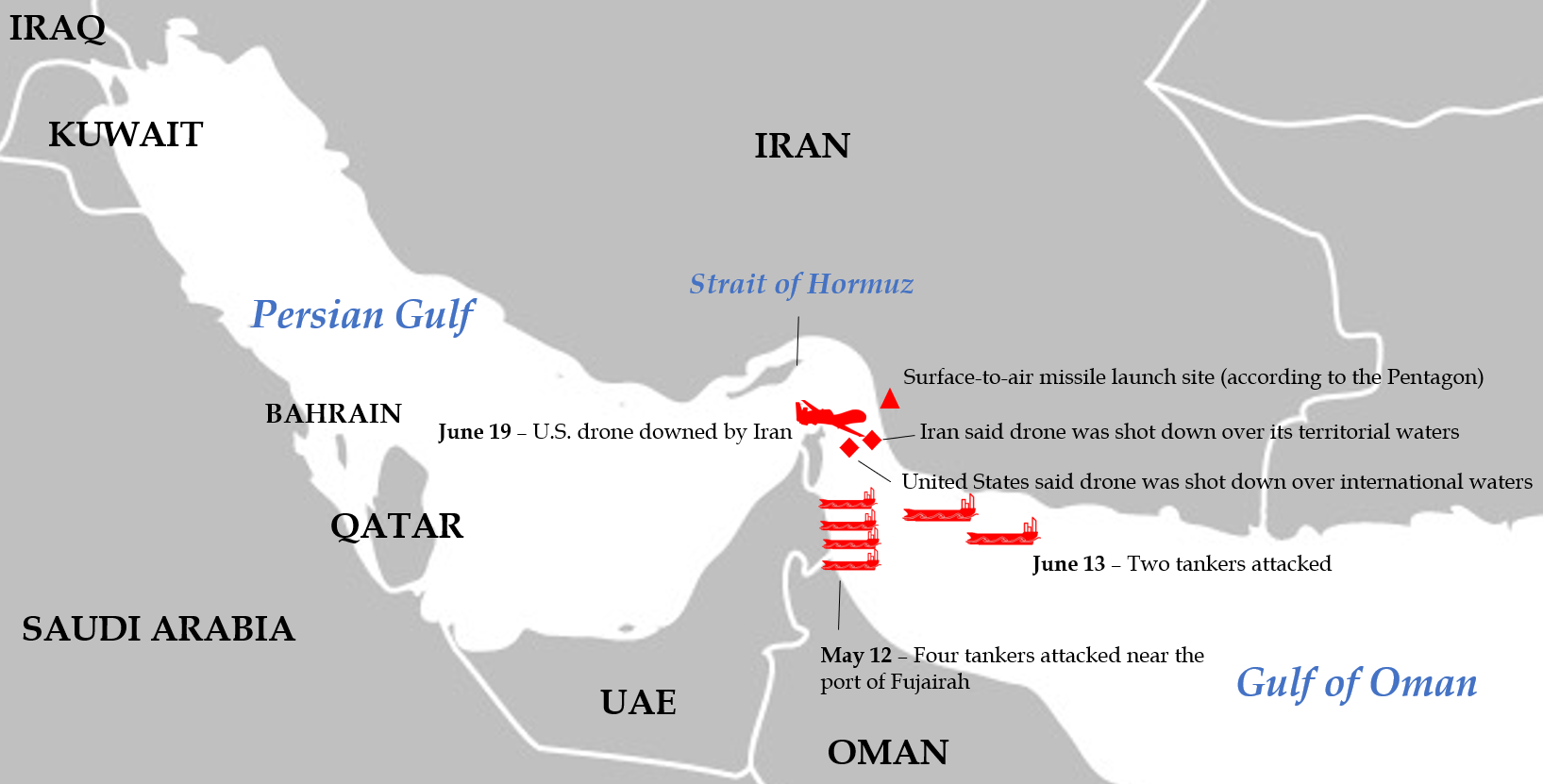U.N. Watchdog Update on Iran’s Nuclear Program
On August 30, the U.N. nuclear watchdog confirmed that Iran had begun to enrich uranium to 4.5 percent, beyond the 3.67 percent limit stipulated in the 2015 nuclear deal, known formally as the Joint Comprehensive Plan of Action (JCPOA). In a new safeguards report, the International Atomic Energy Agency (IAEA) also verified that Iran’s stockpile of low-enriched uranium exceeded the 300 kg limit. But Iran’s stockpile was still many metric tons short of what it had before the JCPOA.

